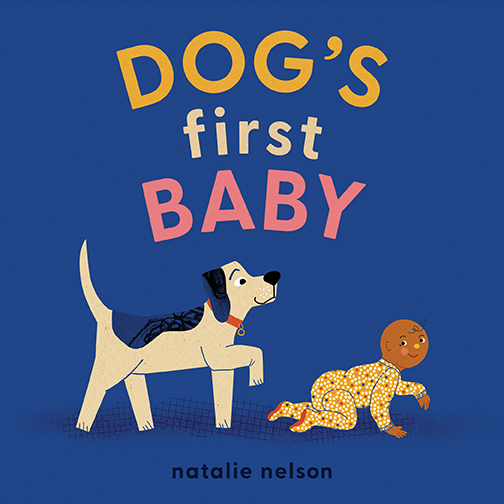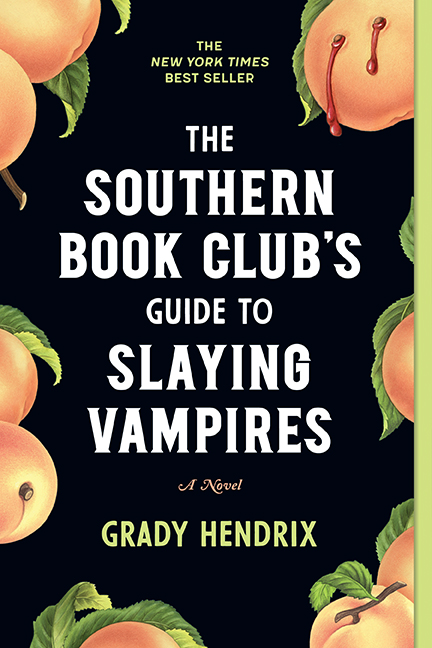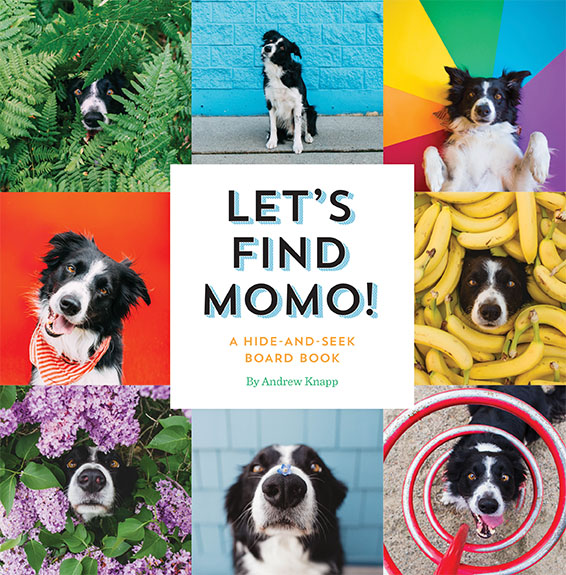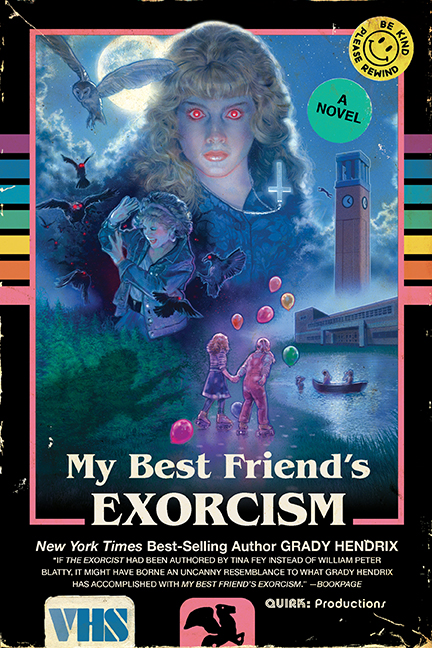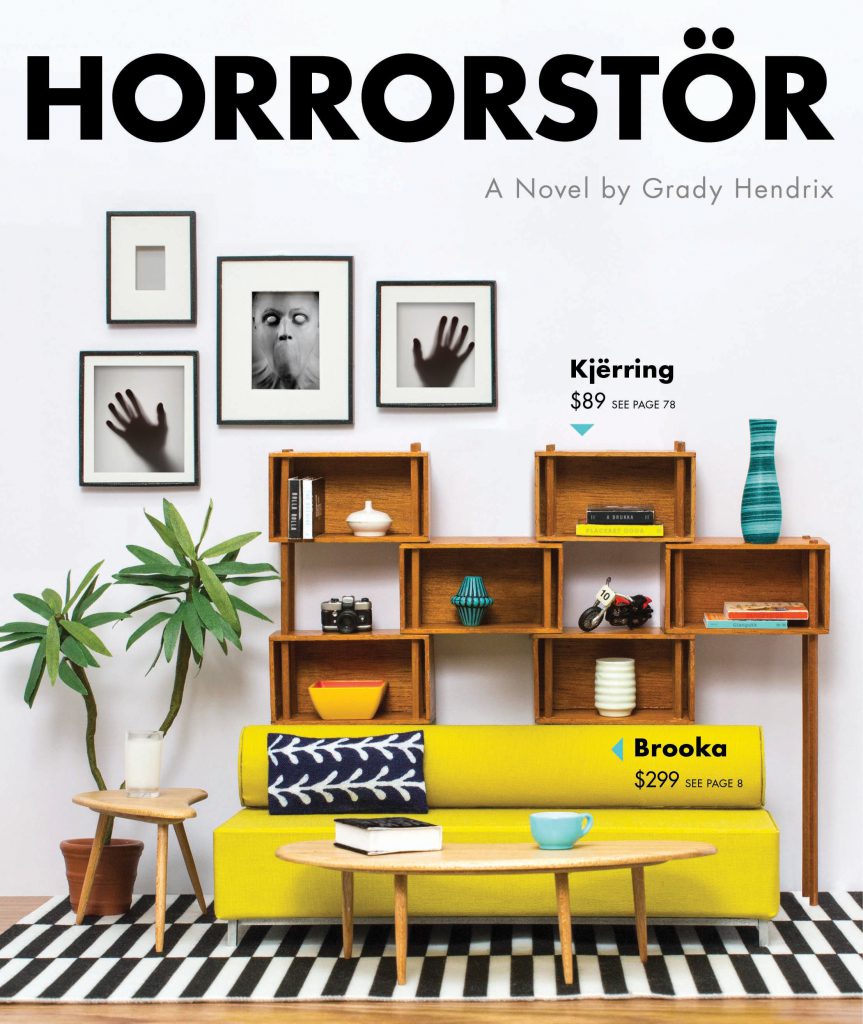Our Blog
National Library Week: How a Library Helped One Writer Hitch His Wagon to Books
Posted by Steve Hockensmith
Happy Earth Day! How to Make a Star Garland Out of Recycled Materials
Celebrate Earth Day on April 22 by using recycled materials for your next craft project.
Gather basic materials like a cereal box, string or ribbon, hole punch, and scissors to make the Star Garland from Craft-a-Day (Quirk Books, 2012). Download the pattern to get started and follow the basic directions below.
Posted by Sarah Goldschadt
Worst-Case Wednesday: How to Foil a UFO Abduction
Have you ever really entertained the idea that we might not be alone in this universe? Maybe after watching ten straight hours of The X-Files on a Sunday afternoon, or even after picking the nearest tabloid to get your daily dose of world news. You probably panic a little on the inside, but you don’t want to say anything because your peers might think you’re a little bonkers.
Like one of those slightly crazed alien enthusiasts you see on the Discovery Channel—they seem to have it all figured out, and you can easily be drawn in if you’re not careful. You can’t control the future, but you can prepare yourself. One common prediction is that aliens will want to do experiments on human beings.
You certainly don’t want to be singled out as an interesting specimen and be beamed up to a UFO, right? The Worst-Case Scenario Survival Handbook: Travel can give you some practical tips on how to prevent this from happening.
Posted by Jennifer Murphy
National Library Week: From IHD to MCL ~ A Sonnet
Image via
I have iambic pentameter on the brain these days, so here’s a little sonnet in honoring one of my favorite places in Portlandia.
Posted by Ian Doescher
Books Save Lives: An Ode to YA’s Realistic Depiction of Tragedy
Image via HuffPostBooks
I want you to think back to when you were sixteen. What did you listen to? What did you read? What hobbies did you have, and what did you and your friends do on the weekends? Did you ever fight with your parents? Did you ever have a break-up that felt like the world was going to fall to pieces that second? Were you ever told “you’ll get over it, it’s no big deal” whenever you were upset about something? Did you ever keep secrets from family or friends, and it ate at you late at night and it made you feel small and all alone?
I didn’t want to read a sanitized, pre-screened selection of books where no one ever used profanity and the characters always made the right decisions, where no one ever got hurt and people never behaved badly. I wanted to read about real life and the real world.I’m not a teenager anymore, but I’d be willing to bet that teenagers today still feel the same way. Assuming that kids can’t handle books about intense, upsetting, controversial topics is worse than just silly, it’s insulting. Kids aren’t stupid. They know every story doesn’t have a happy ending—not in real life, anyway.
Posted by Laura Crockett
Worst-Case Wednesday: How to Prevent A Club From Flying out of Your Hand
Image via Flickr
Let’s face this fact right now: I sweat, you sweat, we all sweat, and anyone who says otherwise is lying.
It’s uncomfortable, it’s embarrassing, and unless you’re a workout-aholic, it’s hard to come to terms with this unglamorous aspect of the human body. If you’re into competitive sports, good for you! You’re probably already well aware that sweating goes hand in hand with the sports you play. If you’re not particularly athletically-inclined, then you need to understand how to combat an overabundance of sweat so that you can go out and do normal things with normal people. There’s nothing more embarrassing, for example, than accidentally throwing a bowling ball behind you instead of in front of you because your hands were sweating so badly.
Golf, like bowling, requires a non-sweaty grip to maintain success in the sport. A pair of sweaty palms can lead to an embarrassing sports mishap that leaves you humiliated. Luckily, The Worst Case Scenario Survival Handbook: Golf has you covered for all scenarios, from minor moisture control to remedying a torrential onslaught of sweat.
Posted by Jennifer Murphy
